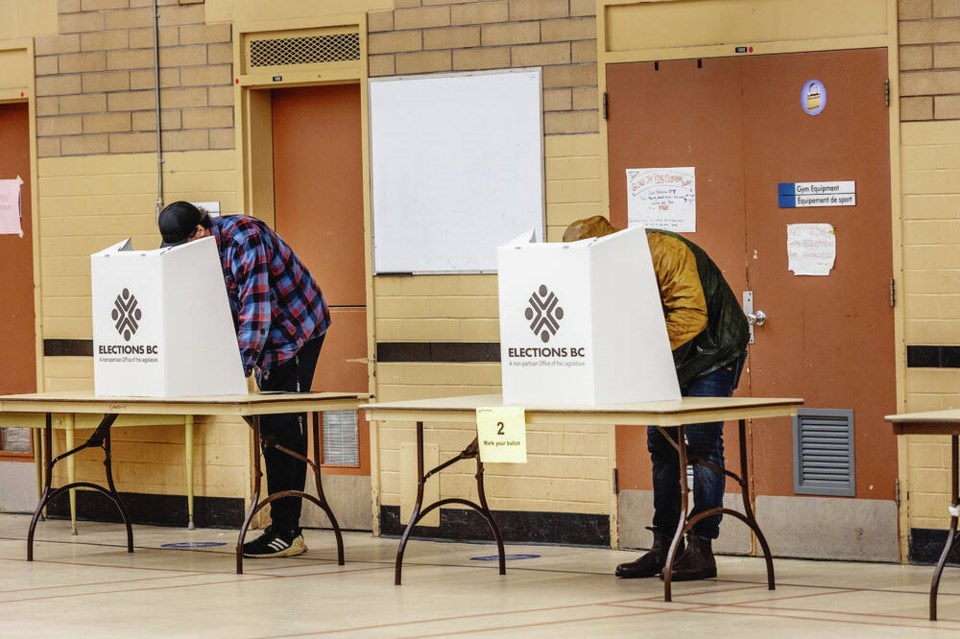As B.C.'s 2024 provincial election results remain undecided, we face an opportunity to reconsider how we approach governance. The notion of alignment versus consensus has never been more critical. While consensus is often held up as an ideal, it can be nearly impossible to achieve when balancing the many lived experiences, values and priorities people bring to the table. True alignment builds on shared goals while allowing for differences across sectors, perspectives and communities.
Governments often struggle with flexibility once they set a path. This rigidity can destabilize policy, especially during significant structural changes or rollbacks. Quick, drastic changes create policies that feel like quicksand — unstable, constantly shifting and impossible to build upon.
This isn't just an issue for Premier David Eby or B.C.'s political parties — this is a structural issue rooted in how we have historically approached politics in Canada. While policy politics has superficially demanded a binary choice between right and wrong, today's voting patterns call for more nuance. The increasing fragmentation of voter bases in this election highlights a systemic opportunity for change. Now is the time to reimagine governance, with alignment as the pathway to systemic change.
Consensus requires full agreement — a high bar that often dilutes decision-making to something that satisfies no one. In negotiations, aiming for complete agreement usually results in outcomes that inspire no passion. When decisions lack genuine buy-in, implementation becomes sluggish and resistance often emerges from those who never fully agreed.
Alignment, by contrast, focuses on points of agreement as foundations for action. It acknowledges that not everyone will agree on everything but seeks areas where stakeholders can work together. This is particularly crucial in public policy, especially given B.C.'s 2024 election results, where no clear winner has emerged and division reigns. This division doesn't mean paralysis — it's a call to focus on what can unite us, however small that intersection may seem.
Alignment begins by ensuring all voices, including opposing ones, help set the foundation. But having a seat at the table isn't enough — participants must come willing to respect others' truths. Dismissing those perspectives as invalid undermines trust and makes alignment performative rather than real. True progress emerges when we engage opposing ideas with respect, not mere tolerance.
While tempting to see disagreement as an obstacle, it can become an asset. When parties, stakeholders and communities unite, they bring diverse ideas, strengths and expertise that can lead to more innovative solutions. However, this only works when leaders actively create spaces where all voices can be heard — and respected.
The 2024 election results showed deep electoral division on many issues, making broad agreement no longer feasible. If B.C.'s leaders want to govern well, they must govern for and with all people. By focusing on alignment, respecting various truths people hold and ensuring diverse representation, they can create a political environment where division propels collaboration rather than stalling progress.
Our path forward isn't through concealing disagreements but finding power within them. True leadership doesn't suppress division — it transforms it into momentum. In an era defined by complexity and competing truths, alignment forms the foundation for effective collaboration. The solutions we need can only emerge when we stop demanding complete consensus and start building from intersections where progress becomes possible.
Katie Shaw, principal, Earnscliffe Strategies, is a public policy and stakeholder engagement specialist



